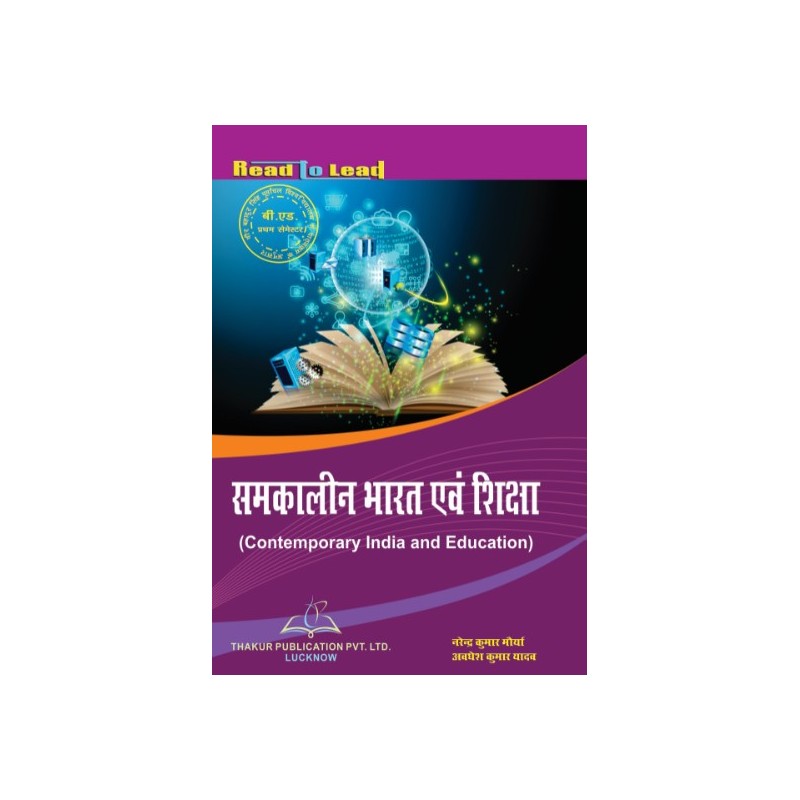Categories
- Pharmacy
-
Nursing
-
MBA
-
BBA
- U.P. State University
- Veer Bahadur Singh Purvanchal University, Jaunpur
- Chaudhary Charan Singh University, Meerut
- Dr. Bhimrao Ambedkar University, Agra
- Chhatrapati Shahu Ji Maharaj University, Kanpur
- Mahatma Jyotiba Phule Rohilkhand University, Bareilly
- Mahatma Gandhi Kashi Vidyapith, Varanasi
- Dr. Ram Manohar Lohia Avadh University, Ayodhya
- Deen Dayal Upadhyaya Gorakhpur University
- Prof. Rajendra Singh (Rajju Bhaiya) University, Prayagraj
- Raja Mahendra Pratap Singh University Aligarh
-
BCA
- UP State Universities
- University of Pune
- I.K.Gujral Punjab Technical University (PTU)
- University of Rajasthan
- Rashtrasant Tukadoji Maharaj Nagpur University
- Uttar Pradesh NEP2020
- University of Rajasthan ,Jaipur (According to NEP-2020)
- BCCA (B. Com - Computer Science)
- Haryana
- West Bengal
- BBA (CA)
- PUNE BCA (Sci,Commerce)/B.Sc (CA)
- Dr. A. P. J. Abdul Kalam Technical University, Lucknow ( AKTU )
- Magadh University (Bodhgaya)
- MCA
-
B Ed
- Lucknow University B.Ed Books
- Chaudhary Charan Singh University/Maa Shakambhari University, Saharanpur
- Dr Bhim Rao Ambedkar University, Agra
- Mahatma Gandhi Kashi Vidyapeeth, Varanasi
- Chhatrapati Shahu Ji Maharaj University
- Prof. Rajendra Singh (Rajju Bhaiya) University, Prayagraj (PRSU)
- Mahatma Jyotiba Phule Rohilkhand University(Mjpru), Bareilly
- Dr. Ram Manohar Lohia Avadh University, Ayodhya
- Bundelkhand University, Jhansi
- B.A,B.ed
- B.Sc, B.ed
- Deen Dayal Upadhyaya Gorakhpur University
- Veer Bahadur Purvanchal University (VBPU)
- Maharaja Suhel Dev State University ,Azamgarh (MSDSU)
- Raja Mahendra Pratap Singh State University, Aligarh (RMPSSU)
- Barkatullah Vishwavidyalaya (Bhopal)
- Jiwaji University (Gwalior)
- Vikram University (Ujjain)
- Dr. Harisingh Gour University (Sagar)
- Devi Ahilya Vishwavidyalaya (Indore)
- Rani Durgavati Vishwavidyalaya (Jabalpur)
- Awadhesh Pratap Singh University (Rewa)
- Maharaja Chhatrasal Bundelkhand University (Chhatarpur)
- D. EL. ED
- TET
-
B Com
-
B Sc
- B.Sc. U.P. State Universities Common Syllabus NEP
- Veer Bahadur Singh Purvanchal University, Jaunpur
- University of Lucknow
- Chaudhary Charan Singh University, Meerut
- Madhya Pradesh
- Chhatrapati Shahu Ji Maharaj University, Kanpur
- Dr. Bhimrao Ambedkar University, Agra
- Mahatma Gandhi Kashi Vidyapith, Varanasi
- DEEN DAYAL UPADHYAYA GORAKHPUR UNIVERSITY
- Prof. Rajendra Singh (Rajju Bhaiya) University, Prayagraj
- Dr. Ram Manohar Lohia Avadh University, Ayodhya
- Mahatma Jyotiba Phule Rohilkhand University, Bareilly
- Uttarakhand State Universities
- B.Sc. Bihar Universities Common Syllabus NEP
- University of Rajasthan (Jaipur)
- Haryana
-
Bachelor of Arts [B.A.]
- B.A. Of U.P. State Universities Common Syllabus NEP
- Veer Bahadur Singh Purvanchal University, Jaunpur
- University of Lucknow
- Chaudhary Charan Singh University, Meerut
- Chhatrapati Shahu Ji Maharaj University, Kanpur
- Dr. Bhimrao Ambedkar University, Agra
- Mahatma Gandhi Kashi Vidyapith, Varanasi
- Deen Dayal Upadhyaya Gorakhpur University
- Prof. Rajendra Singh (Rajju Bhaiya) University, Prayagraj
- Dr. Ram Manohar Lohia Avadh University, Ayodhya
- Mahatma Jyotiba Phule Rohilkhand University, Bareilly
- Madhya Pradesh
- Uttarakhand
- Bihar
- University of Rajasthan (Jaipur Syllabus as Per NEP2020)
- Haryana NEP-2020
- B Tech
- LLB
- SWA Education
Contemporary India And Education ( समकालीन भारत एवं शिक्षा)

ISBN No.- 978-93-89294-67-5
Narendra Kumar Maurya
Awadhesh Kumar Yadav
Tax excluded
ISBN No.- 978-93-89294-67-5
Narendra Kumar Maurya
Awadhesh Kumar Yadav
CONTEMPORARY INDIA AND EDUCATION
UNIT 1: Normative Vision of Indian Education-
1) Normative orientation of Indian education: A historical enquiry
2) Constitutional provisions on education that reflect National ideals: Democracy, equality, liberty, secularism and social justice.
3) India as an evolving Nation, state; Vision, Nature and Salient features-Democratic and Secular polity, Federal structure: Implications for educational system.
4) Aims and purposes of education drawn from the normative vision.
UNIT 2: Vision of Education: Four Indian Thinkers
1) Rabindranath Tagore: Liberationist pedagogy.
2) M.K. Gandhi: Basic education or education for self–sufficiency.
3) Aurobindo Ghosh: Integral Education.
4) J. Krishnamurti: Education for individual and social transformation.
UNIT 3: Contemporary Indian Schooling: Concerns And Issues
1) Universalisation of School Education Right to Education and Universal Access:
i) Issues of Universal Enrollment
ii) Universal Retention
iii) Universal Success.
2) Issues of quality and equity: The above to be discussed with specific reference to physical, economic, social and cultural access, particularly to girl child and weaker sections as well as differently-abled children.
Equality of Educational Opportunity:
1) Meaning of equality and constitutional provisions.
2) Prevailing nature and forms of inequality, including dominant and minor groups and related issues.
Inequality in Schooling: Public-private schools, rural-urban schools, single teachers’ schools and many other forms of inequalities in school systems and the processes leading to disparities.
Differential quality in Schooling: Variations in school quality.
1) Idea of ‘common school’ system.
2) Right to Education Bill and its provisions.
UNIT 4: Education for National Development: Education Commission (1964-66).
Emerging Trends in the Interface between:
1) Political Process and Education;
2) Economic Developments and Education; and
3) Socio-cultural Changes and Education.
Your review appreciation cannot be sent
Report comment
Report sent
Your report cannot be sent
Write your review
Review sent
Your review cannot be sent








